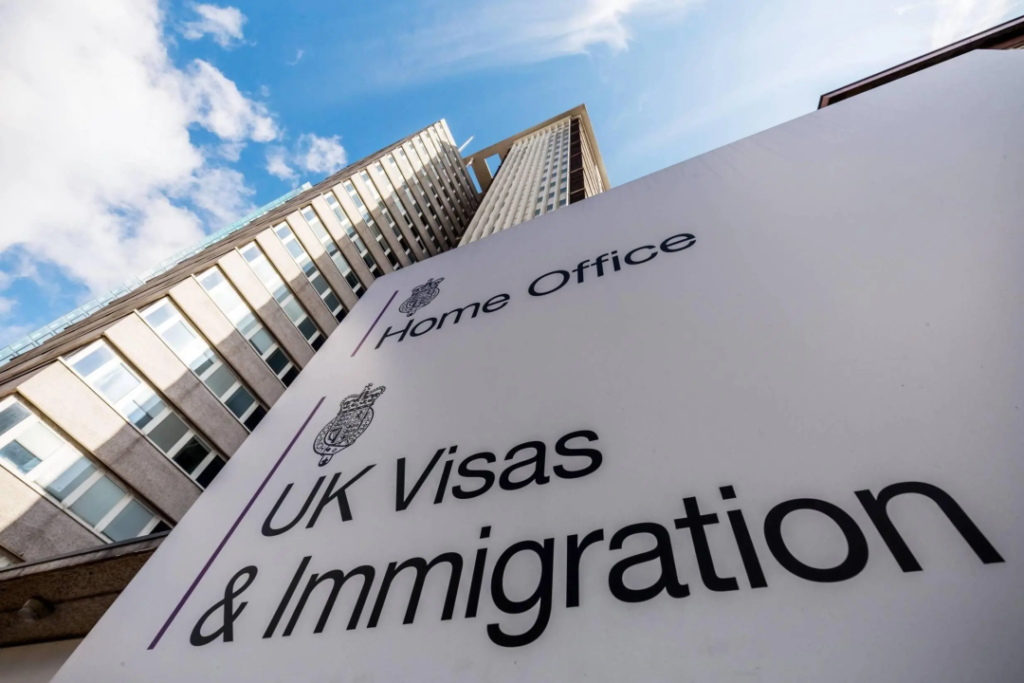Recent statistics reveal a significant decline in the number of foreign nationals seeking work in the UK’s National Health Service (NHS) and social care sectors. Official data shows that the Conservative government issued 286,382 work visas in the year leading up to June 2024, a decrease of 11% from the previous year.
Notably, the Home Office data indicates a sharp drop in visas for the health and care sectors, with only 89,085 visas granted in the same period—an 80% reduction compared to the previous year’s figures. This decline follows the former Conservative government’s introduction of tighter immigration restrictions aimed at reducing overall net migration.
In December 2023, former Home Secretary James Cleverly implemented new rules that included minimum salary requirements for both workers and their families, as part of efforts to address record-high net migration levels.
The statistics also reveal a decrease in student visas, with 432,000 granted to foreign students for the year ending June 2024—a 13% drop from the previous year. Additionally, the number of visas issued to students’ family members plummeted by 81% in the first half of 2024.
Dr. Ben Brindle of the University of Oxford’s Migration Observatory noted that these trends could lead to a reduction in net migration, though exact figures will be available later. He suggested that while the decline in health and care visas might slow if trends reverse, the Labour government is likely to meet its commitment to lower net migration levels.
Ahead of the general election earlier this year, the Labour Party pledged to decrease net migration without setting a specific target. Labour aims to reduce reliance on foreign labor through enhanced workforce training in critical sectors like health and construction.
Seema Malhotra, the new immigration minister, criticized the previous Conservative government’s handling of skills shortages and pledged to continue some of their measures, including restrictions on the number of dependents allowed to join relatives in the UK. However, she also indicated a plan to address the asylum system’s backlog.
Asylum applications also saw a decline, with 97,000 seeking refuge in the UK to June 2024, an 8% decrease from the previous year. This figure includes 38,784 irregular arrivals, with 80% arriving by small boats across the English Channel. The number of pending asylum cases stands at 118,882, a backlog exacerbated by the previous government’s halt in processing most asylum applications as part of its controversial Rwanda deportation plan.
The Labour government has directed officials to address this backlog and assess which applicants qualify as genuine refugees. Malhotra described the asylum system as being in “utter chaos,” while Cleverly criticized Labour’s reversal of the Rwanda policy, questioning the government’s plans for rejected asylum seekers from countries like Afghanistan, Syria, and Iran.
As the new administration works to address these issues, the future of the UK’s immigration and asylum policies remains a critical concern.


